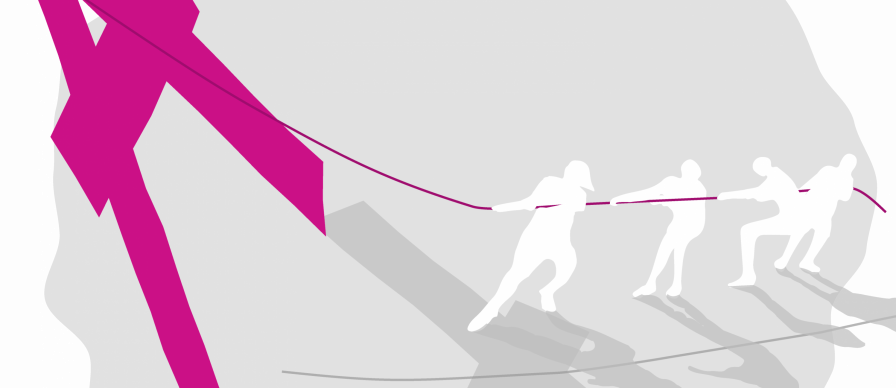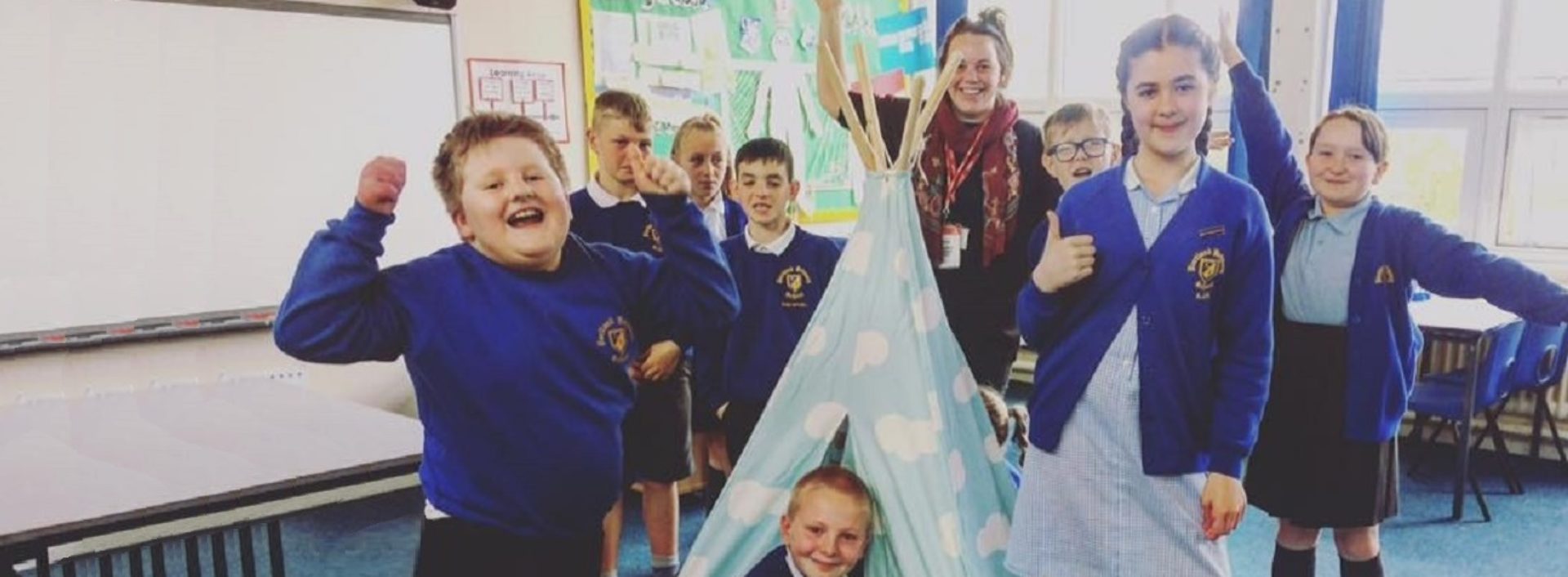The community organisers on the project are based at the North Birkenhead Development Trust, a Social Action Hub which is just across the road from Portland Primary School. The first thing the community organisers did during the project was to go into the school and listen to the pupils. One of the issues they raised was that there were lots of spaces in the area but they weren’t accessible because of drug users or because they’re used by other age groups.
So the group came up with an idea to create ‘meanwhile gardens’, which are pop-up gardens set up on vacant land for short periods of time. Ola, a permaculturist and local resident working on the project, held a number of workshops around pop-up spaces to inspire the class.
But just as the group was gearing up around this idea, the school received an Ofsted report which recommended the pupils’ reading needed to be improved. Now the project needed to find a way to blend both the pupils’ and the school’s priorities.
Alongside their permaculture lessons and their built environment lessons, the class had community organising lessons. They went out and listened, not only to the school but to the community as well, around this idea of, ‘How can we make reading more fun?’
They then had to take all the ideas they got and listen to them and turn them into something that represented what the community wanted.
After lots of conversations, the group decided to create a pop-up library on some of the space near the school. Over a six week period, the class created a space on the school grounds with a wigwam in it.
“The kids basically had to work out how to build a wigwam,” explained Eve, a community organiser on the project. “They had to work out all the maths, but they also had to go out and listen to their classmates and their schoolmates.“
They also got given a budget which they had to manage.
“We basically told them they had to work out how to do this with £250,” explained Eve.
“They said, ‘It’s not real money though, is it?’ And we were like, ‘No, you actually have £250.’”



